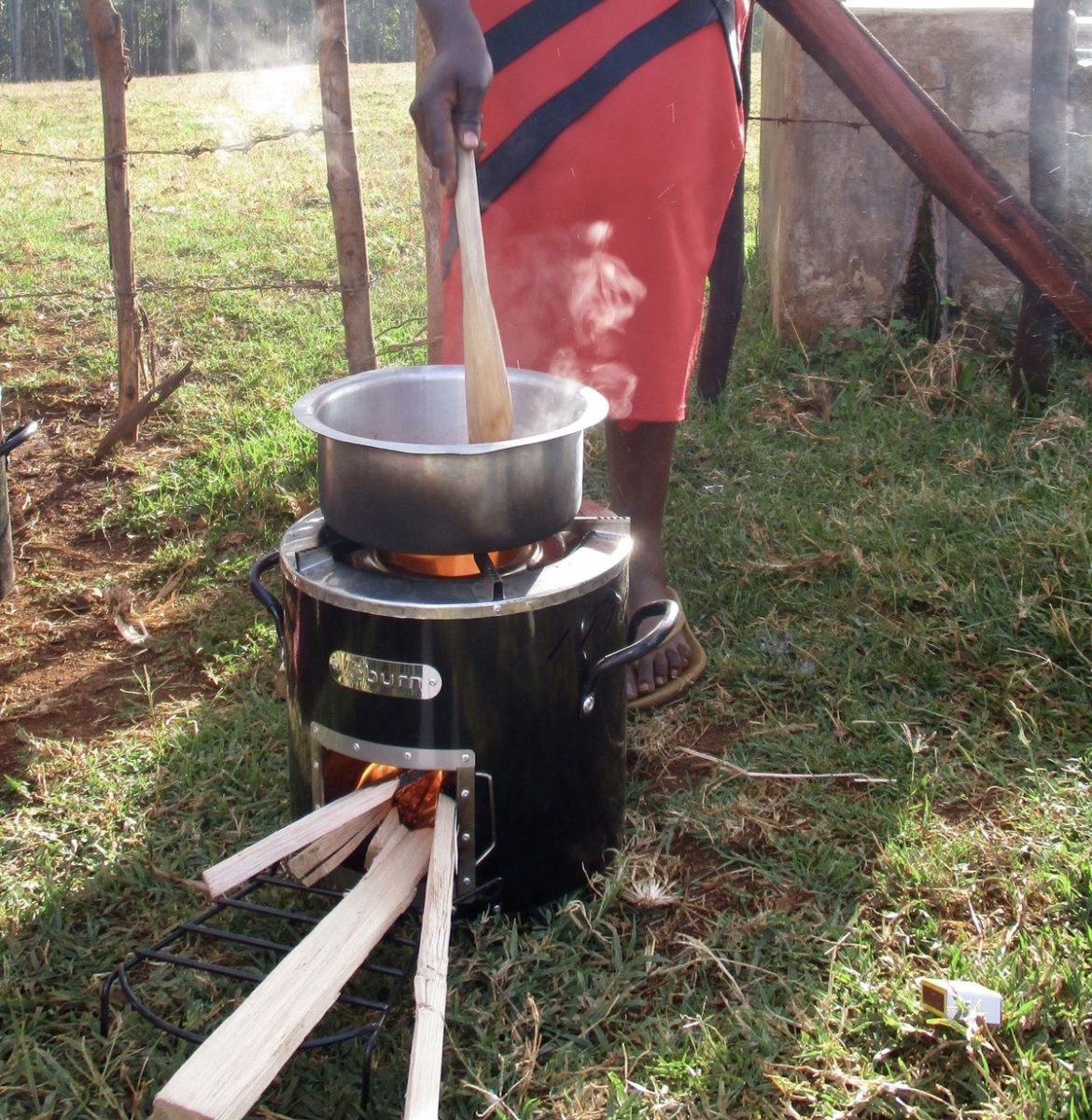In the small village of Nawata, located in the scenic Shire Highlands of Malawi, a group of 30 women are making big changes. These women, united by a common goal, have found a way to transform their lives and protect their environment by creating biomass briquettes—an eco-friendly alternative to traditional firewood.
The women’s journey began in May 2024, when they came together through the Women’s Resilience to Disaster Programme, supported by UN Women and funded by the Australian government. Their mission was clear: to find a clean, efficient fuel alternative that would replace the traditional firewood they had relied on for years.
Using waste materials like rice husks and maize byproducts, the women learned how to make biomass briquettes. These briquettes burn longer and produce less smoke than firewood, offering a safer and more sustainable way to cook. What once was considered waste now has a new purpose, helping to preserve the environment and improve the health of their families.
For many of the women, this project has been life-changing. Regina Jalasi, a member of the Nawata Women’s Group, reflects on how things used to be. “We used to go into the forests with axes, cutting down trees for firewood,” she says. “But now, we’ve learned to turn waste into wealth.”
Before joining the group, Regina faced a daily struggle to find enough firewood to cook meals for her family. She even had to use her children’s schoolbooks as kindling when firewood was scarce. The constant smoke in her kitchen and the fear of running out of fuel were part of her everyday life.
But now, things are different. The group started small, making and selling bags of briquettes within their village. Their approach was simple but effective, and soon, they began to expand their reach, selling more briquettes to neighboring communities.
For women like Jessie Nkunda, another member of the group, being part of this initiative has been empowering. “We discovered the strength of working together,” she says. “We learned how to make briquettes from things we used to throw away. Now, we no longer have to choose between our children’s education and cooking a meal.”
The success of their project has inspired the women to dream bigger. They now meet every Tuesday to discuss their progress and plan for the future. One of their biggest goals is to acquire a briquette-making machine, which would allow them to produce more briquettes more quickly, meeting the growing demand in their community.
The impact of this initiative goes beyond just providing fuel for cooking. It’s about preserving the environment, improving health, and creating economic opportunities. The women of Nawata Village are leading the way, and their efforts are starting to catch the attention of others in their community.
Regina and her group are hopeful that their project will continue to grow and spread to other villages. “We want every household to adopt this,” Regina says. “Our trees, our health, and our prosperity are all connected.”
In a country where deforestation and environmental degradation are serious concerns, the work of these women is a beacon of hope. Their biomass briquettes are not just a product; they are a symbol of resilience, unity, and progress. The flames from these briquettes burn brighter each day, lighting the way for a sustainable future in Malawi.
Source: ESI Africa



